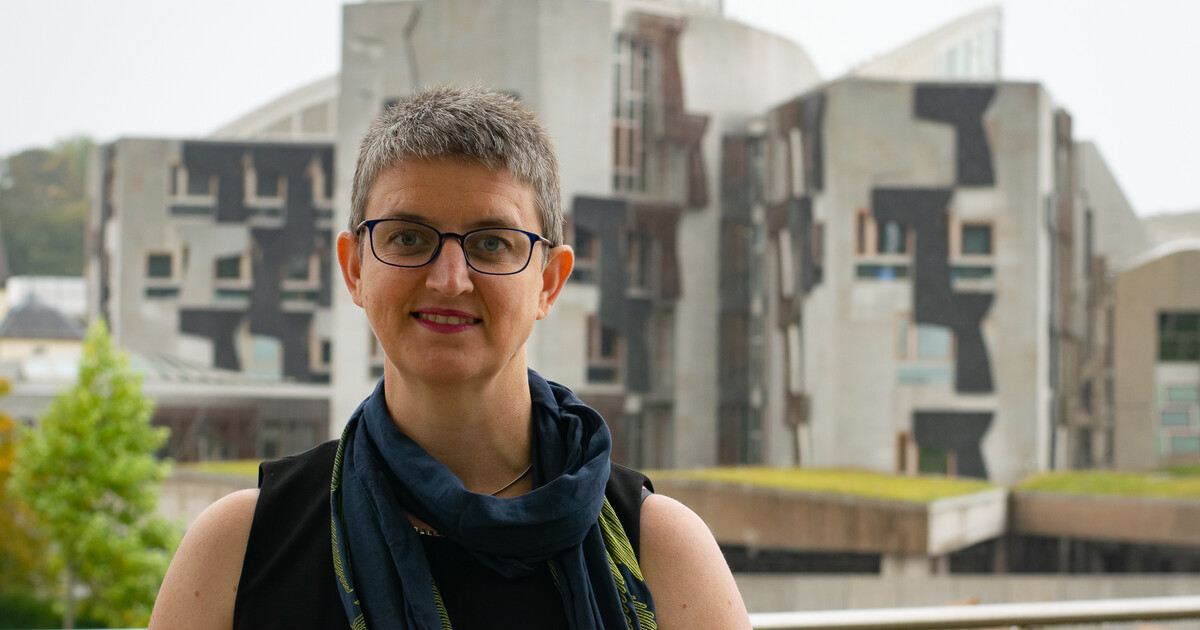Misogyny is a driver and consequence of inequality

We must normalise a culture of respect and dignity and protect the rights and wellbeing of all women, both cis and trans, say the Scottish Greens.
The point will be made in a speech today by the Scottish Greens equalities spokesperson, Maggie Chapman MSP as part of a parliamentary debate on Reforming Criminal Law to Address Misogyny.
Speaking in the debate Maggie will say:
“We live in a society that is structurally misogynistic. Women have experienced that throughout our lives, in ways that might seem trivial and ways that are clearly, revoltingly, intolerable.
“But all of those ways, all of those experiences, as every woman in this chamber knows, leave scars. Perhaps scars that, after decades, we are still not fully ready to face. As Scottish Women’s Aid has said, ‘Women’s and girls’ experiences of violence and abuse cross private and public spaces and are a cause and consequence of women’s inequality…’
“New technologies have opened new spaces and channels for misogynistic abuse, especially of young women and girls. And there are chilling counter-movements preying on the vulnerable, movements of hard reaction that don’t simply employ misogyny but centre it as the very core of their ideology…
“Misogyny is connected to other patriarchal systems of violent and coercive control. Those include sexual violence and domestic abuse, but also conservative strategies of education and healthcare denial, not least denial of reproductive rights.
“Today’s debate is an important milestone in a journey that I hope and trust will result in real and significant change in our law. Such change will resonate not just through Scotland but far beyond, showing what is possible for a Parliament that takes equality seriously.
“I look forward to working with my fellow MSPs and civil society, to make that legislation the best it can possibly be: normalising a culture of respect and dignity; protecting the rights and enhancing the wellbeing of all women, both cis and trans; gaining widespread support among all genders; communicated and understood as both a symbol of, and a tool for, a healthier, a safer and a happier Scotland.”